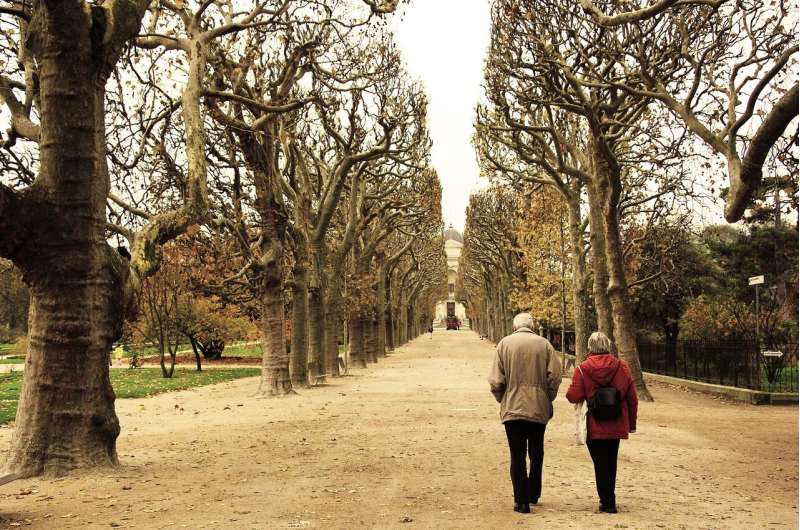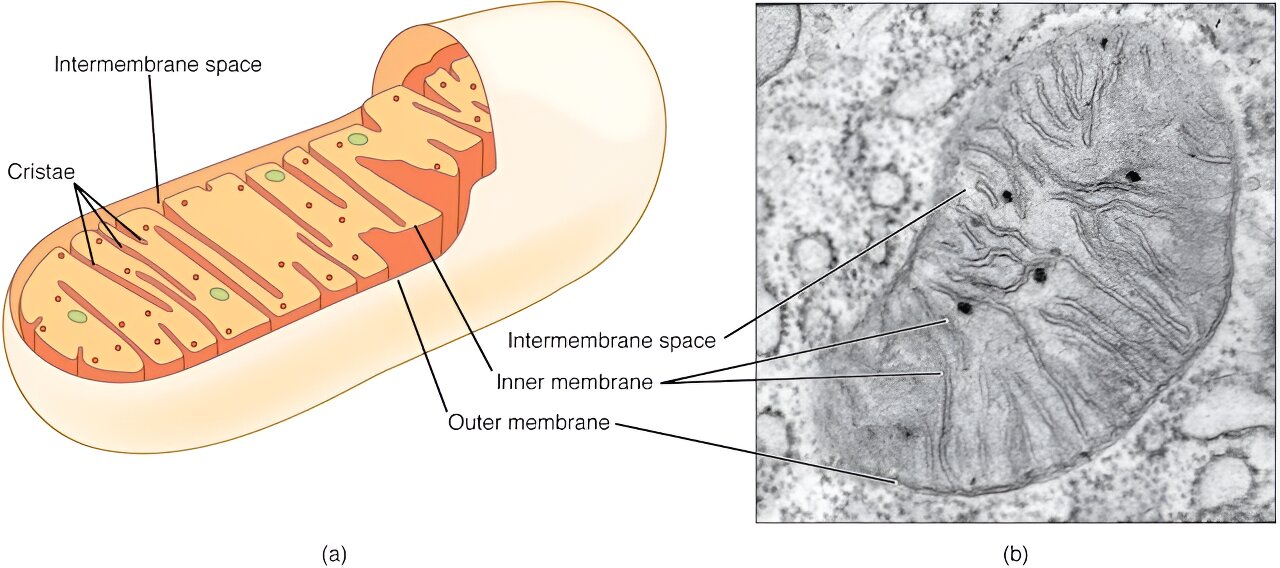
Researchers from Brigham and Women’s Hospital, a founding member of the Mass General Brigham health care system, have published results showing that among older adults who sustained a traumatic injury, those who experienced falls were more likely to be subsequently diagnosed with Alzheimer’s disease and related dementias.
To improve the early identification of dementia, the researchers recommend implementing cognitive screenings in older adults who experience an injurious fall that results in either an emergency department visit or admission to the hospital. Results are published in JAMA Network Open.
“I often see patients admitted after falls, which are among the most common reasons for trauma center admissions and can lead to severe injuries. This raises an important question: why are these falls happening in the first place?” said first author Alexander Ordoobadi, MD, a resident physician in the Department of Surgery at the Brigham. Ordoobadi completed work on the study as part of his research fellowship with the Gillian Reny Stepping Strong Center for Trauma Innovation at the Brigham.
“We treat the injuries, provide rehabilitation, but often overlook the underlying risk factors that contribute to falls despite a growing body of evidence suggesting a link between falls and cognitive decline.”
Over 14 million older adults, or one in four, report falls each year, according to the Centers for Disease Control and Prevention, and falls are also the leading cause of injury in older adults. These injuries can have long-lasting or permanent consequences, including declines in functional status, overall loss of independence or risk of death. Falls also result in over $50 billion per year in health care expenditures.
Fall injuries are also thought to be linked to cognitive outcomes in older adults, as motor function loss is a frequent precursor of cognitive decline and can also increase the risk of falls. However, cognitive health is not closely considered in current fall prevention guidelines.
The researchers analyzed Medicare Fee-For-Service data from 2014–2015, which included 2,453,655 older adult patients who experienced a traumatic injury, as well as follow-up data for one year after the initial fall. The researchers found that half of the patients in the study received their injuries in a fall, and that these patients were significantly more likely to be diagnosed within one year after their injuries.
“The relationship between falls and dementia appears to be a two-way street,” said senior author Molly Jarman, Ph.D., MPH, assistant professor in the Department of Surgery and deputy director of the Center for Surgery and Public Health at the Brigham.
“Cognitive decline can increase the likelihood of falls, but trauma from those falls may also accelerate dementia’s progression and make a diagnosis more likely down the line. Thus, falls may be able to act as precursor events that can help us identify people who need further cognitive screening.”
The research suggests that completing cognitive screenings in older patients after a fall could help detect dementia sooner. However, this is easier said than done, particularly in light of disparities in access to primary care among older adults.
“One of the biggest challenges we face is the lack of ownership in the process of follow-up screening for cognitive impairment, because there may not be adequate time for these screenings in an emergency department or trauma center setting,” said Ordoobadi.
“Ideally, after an injury, older adults should receive follow-up care with a primary care provider or geriatrician who can monitor their cognitive health and long-term functional recovery after the injury, but many older adults don’t have a regular primary care provider and lack access to a geriatrician.”
The study results additionally highlight the need for more clinicians who can provide care for older adults, including cognitive assessments after fall injuries.
“Our study highlights the opportunity to intervene early and the need for more clinicians who can provide comprehensive care for older adults,” said Jarman.
“If we can establish that falls serve as early indicators of dementia, we could identify other precursors and early events that we could intervene on, which would significantly improve our approach to managing cognitive health in older adults.”
More information:
Alexander Ordoobadi et al, Risk of Dementia Diagnosis after Injurious Falls in Older Adults, JAMA Network Open (2024). DOI: 10.1001/jamanetworkopen.2024.36606
Citation:
Study finds older adults who experience a fall are at increased risk of dementia (2024, September 30)
retrieved 6 October 2024
from https://medicalxpress.com/news/2024-09-older-adults-fall-dementia.html
This document is subject to copyright. Apart from any fair dealing for the purpose of private study or research, no
part may be reproduced without the written permission. The content is provided for information purposes only.


